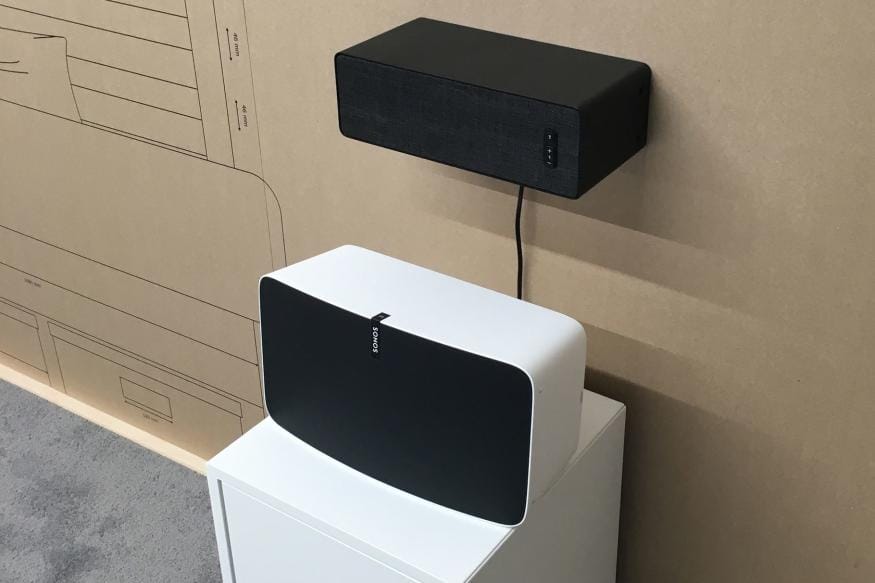Google has recently filed a lawsuit against the US government, taking issue with the requirements imposed on it to report certain data and transactions. The lawsuit, filed in the US District Court for the Northern District of California, challenges the government’s demands as overly broad and unconstitutional.
At the heart of the dispute is the government’s requirement that Google report certain data and transactions, similar to those required of financial institutions. The government argues that this data is necessary to combat money laundering, terrorist financing, and other illicit activities. However, Google argues that the requirements infringe on its constitutional rights and are not tailored to achieve the government’s stated goals.
The lawsuit centers on the Bank Secrecy Act (BSA), which requires financial institutions to report certain transactions to the government. The BSA was enacted in 1970 to combat money laundering and other financial crimes. However, in recent years, the government has expanded the scope of the BSA to include non-financial institutions, such as Google.
Google argues that the BSA requirements are overly broad and do not account for the unique nature of its business. The company notes that it is not a financial institution and does not engage in the same types of transactions as banks. Despite this, the government has imposed BSA requirements on Google, which the company argues is a clear overreach of authority.
The lawsuit also challenges the government’s authority to impose these requirements on Google. The company argues that the government’s demands infringe on its constitutional rights, including the right to free speech and the right to be free from unreasonable searches and seizures. Google notes that the government’s requirements would require it to collect and report sensitive data about its users, which would be a clear invasion of their privacy.
Google is not alone in its challenge to the government’s requirements. Other tech companies, such as Facebook and Amazon, have also expressed concerns about the scope of the BSA requirements. These companies argue that the requirements are overly broad and would impose significant costs and burdens on their businesses.
The government has defended its requirements, arguing that they are necessary to combat serious crimes. The government notes that the BSA has been successful in preventing money laundering and other financial crimes, and that the expansion of the BSA to include non-financial institutions is necessary to stay ahead of emerging threats.
The lawsuit is likely to have significant implications for the tech industry and the broader debate over government surveillance. If Google is successful in its challenge, it could limit the government’s ability to impose BSA requirements on non-financial institutions. However, if the government prevails, it could set a precedent for the expansion of the BSA to include other types of businesses.
The case is likely to be closely watched by policymakers, industry leaders, and civil liberties advocates. The outcome could have significant implications for the balance between national security and individual privacy, and could shape the future of government surveillance in the digital age.
In recent years, there has been growing concern about the scope of government surveillance and the impact on individual privacy. The Edward Snowden revelations in 2013 highlighted the extent of government surveillance, and sparked a global debate about the balance between national security and individual rights.
The Google lawsuit is the latest development in this ongoing debate. The case raises important questions about the limits of government power and the rights of individuals and businesses. As the case moves forward, it will be closely watched by policymakers, industry leaders, and civil liberties advocates.
The lawsuit also highlights the complex relationship between the tech industry and the government. While the tech industry has often been at odds with the government over issues like surveillance and regulation, it has also worked closely with the government on issues like cybersecurity and counter-terrorism.
The Google lawsuit is a reminder that the tech industry is not a monolith, and that different companies have different interests and priorities. While some companies may be willing to work closely with the government, others may be more skeptical of government power and more willing to challenge government requirements.
As the case moves forward, it will be important to watch the reaction of other tech companies and industry groups. If Google is successful in its challenge, it could embolden other companies to challenge government requirements and assert their rights. However, if the government prevails, it could set a precedent for the expansion of government power and the erosion of individual privacy.
In conclusion, the Google lawsuit is an important development in the ongoing debate over government surveillance and individual privacy. The case raises important questions about the limits of government power and the rights of individuals and businesses. As the case moves forward, it will be closely watched by policymakers, industry leaders, and civil liberties advocates.



